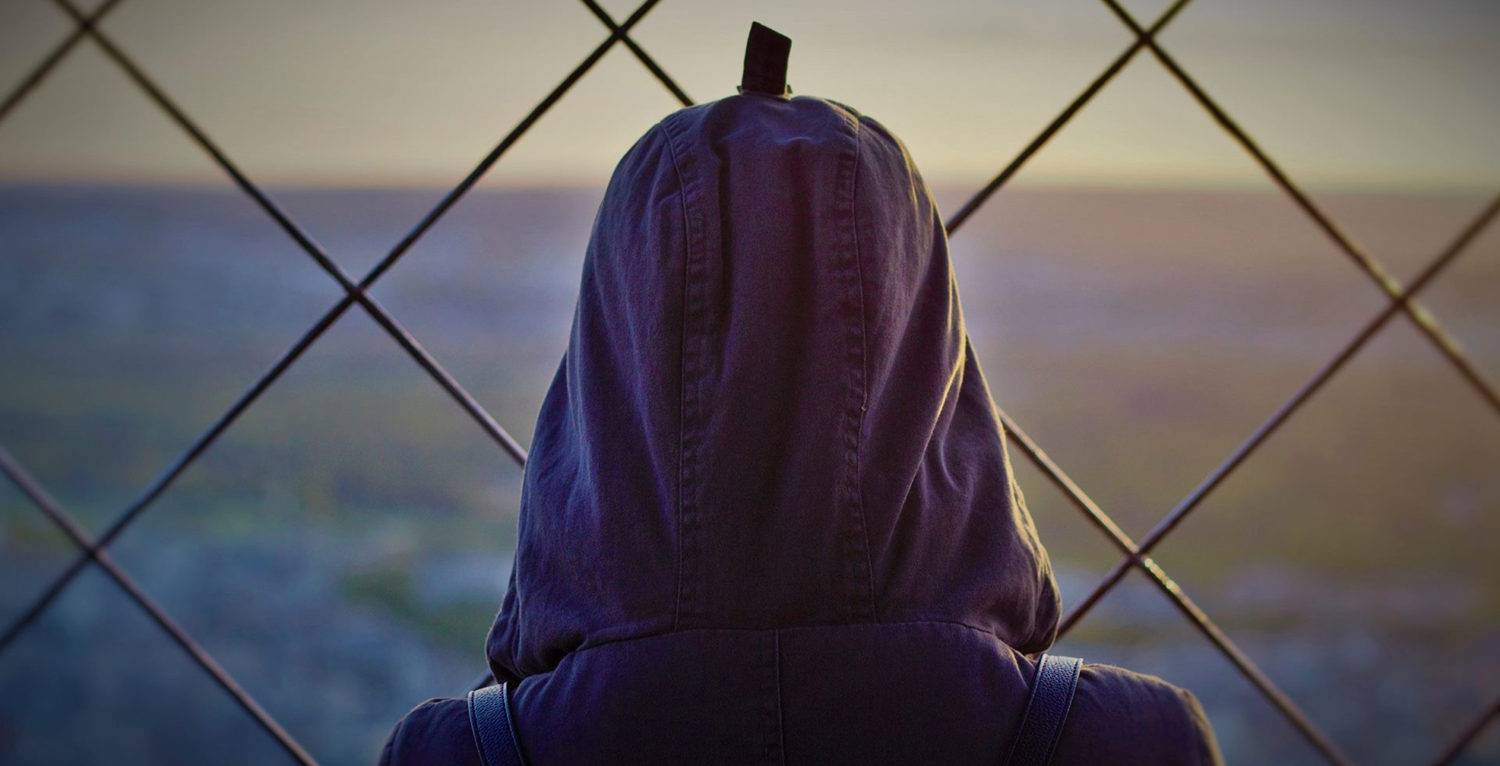The rights approach
Brexit threatens our work with the EU on global human rights, but there are also risks closer to home, urges Julie Ward.
In February I received news that 34-year-old Teodora del Carmen Vásquez was to be freed after serving 11 years of a 30-year sentence for aggravated murder following the birth of a stillborn baby. Teodora is one of 17 El Salvadoran women whose cases are at the centre of a campaign initiated in 2014 by the Citizens’ Group for the Decriminalisation of Abortion, many of whom are victims of rape or whose babies are medically unviable. Meanwhile, just last year 19-year-old El Salvadoran Beatriz Hernandez Cruz was sentenced to 30 years after she gave birth in a toilet without even knowing she was pregnant. Beatriz was the victim of repeated rape by a gang member.
I know and care about these women because the European parliament passed a resolution in December 2017 calling for their release and for an end to the inhuman laws that continue to criminalise women like them. Women’s rights are of particular concern to the EU institutions: gender equality is a core principle enshrined in the treaties and continues to underpin our relationships with other countries. Whilst the UK government has been embarrassingly slow to ratify the Istanbul Convention on eliminating violence against women, the EU has decided to become a party to the agreement through accession, thereby strengthening its role as a guiding force for member states. Brexit risks the UK becoming more susceptible to regressive views on a range of topics on women’s rights and equality across the board with a danger, for example, that the Victorian values of the DUP and figures such as Jacob Rees-Mogg could shift policy in a subtle and dangerous way.
The European parliament has an active human rights sub-committee within the foreign affairs committee, but human rights can and should be everyone’s business. I had worked before becoming an MEP on women’s and children’s rights, and once I went to Brussels I also found myself speaking up for imprisoned journalists and dissenting voices, writing letters of concern to presidents, prime ministers, heads of state, foreign ministers and the EU’s own
High Representative, Federica Mogherini.
The EU’s role as a powerful actor in the field of human rights is not widely known. After I was elected in 2014, I was amazed at the level of attention I received from human rights activists and organisations seeking to build a rapport with the new legislature, anxious to press the cause of long-running cases in rogue states, or to warn of growing dangers to civil liberties. Every plenary session in Strasbourg the European Parliament tables debates and motions on ‘human rights urgencies’. Recent cases have included the Crimean Tartars persecuted by the Russians, the homophobic rounding up of apparently gay men in Chechnya, loss of indigenous rights in Brazil, threats to persons with albinism in Malawi, child slavery in Haiti, and many more.
I am proud to report that our work frequently bears fruit. When I joined my colleagues in calling for the Bahraini authorities to release Nabeel Rajab, director of the Bahraini Centre for Human Rights, in July 2015, I was thrilled to see him released two days later. Our criticism of the treatment of Iskander Yerimbetov, a Kazakh political prisoner, enabled him to have family visits. An urgent intervention to stop the extradition of a Turkish educator from Kosovo was immediately successful, much to the relief of family members. My twinning with the imprisoned HDP Kurdish MP Leyla Birlik resulted in her early release from detention.
So what impact will Brexit have on human rights issues aside from the loss of our role as powerful international interlocutors? As I write the biggest threat to the hard-won rights and freedoms of British citizens in the EU and EU 27 citizens in the UK is now being played out in the corridors of power in Westminster. It’s called the EU Withdrawal Bill and, in its current form, risks stripping us of equal rights with our European neighbours post-Brexit. Our experience as global human rights campaigners must now be turned to support ourselves. In the same way that we have stood up for the human rights of the poorest, most vulnerable and most persecuted people in the world, we must now be alert to any reduction of our everyday rights. In the age of Trump and Brexit we cannot take anything for granted. That is why I have established a citizens’ rights friendship group in the European parliament, bringing together MEPs from different countries and various political groups to meet with concerned individuals and civil society organisations to fight for the rights of all citizens and their families in the Brexit process and beyond. We must make sure that the debate never loses sight of the individuals affected and the impact it is having on their lives. Our aim must be to end the use of citizens as bargaining chips in the negotiating process and secure unilateral guarantees for all UK and EU citizens now.

